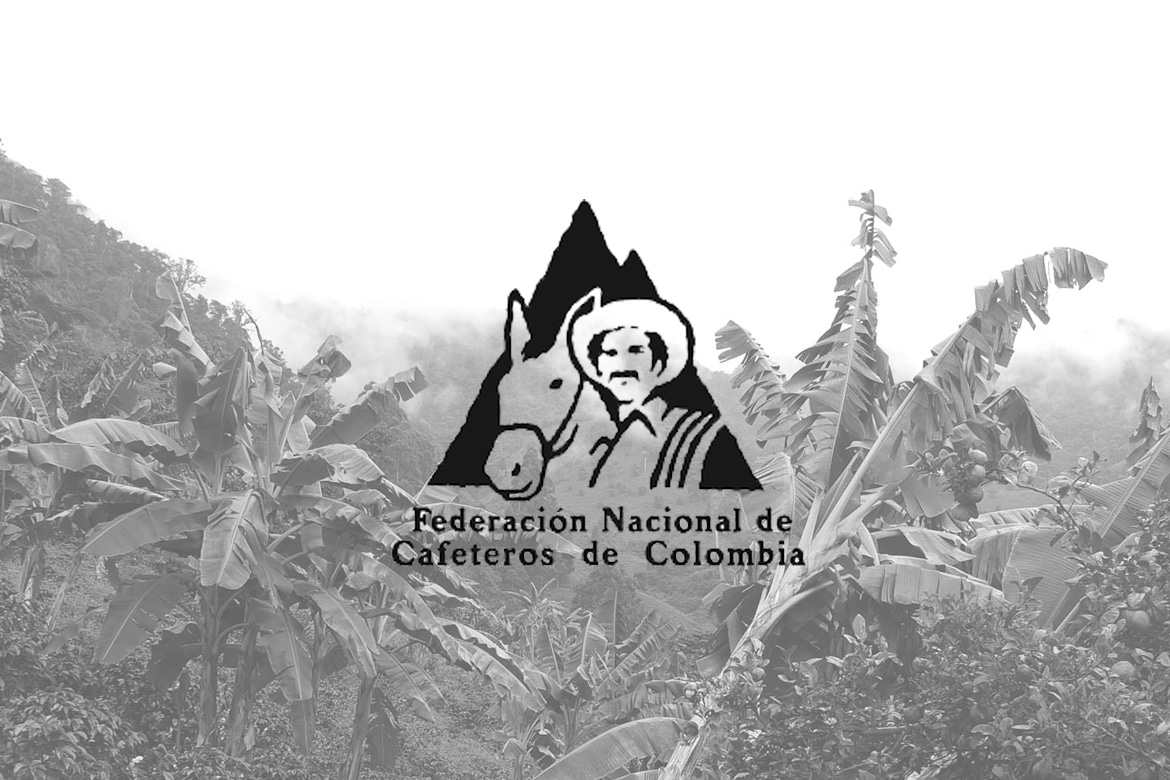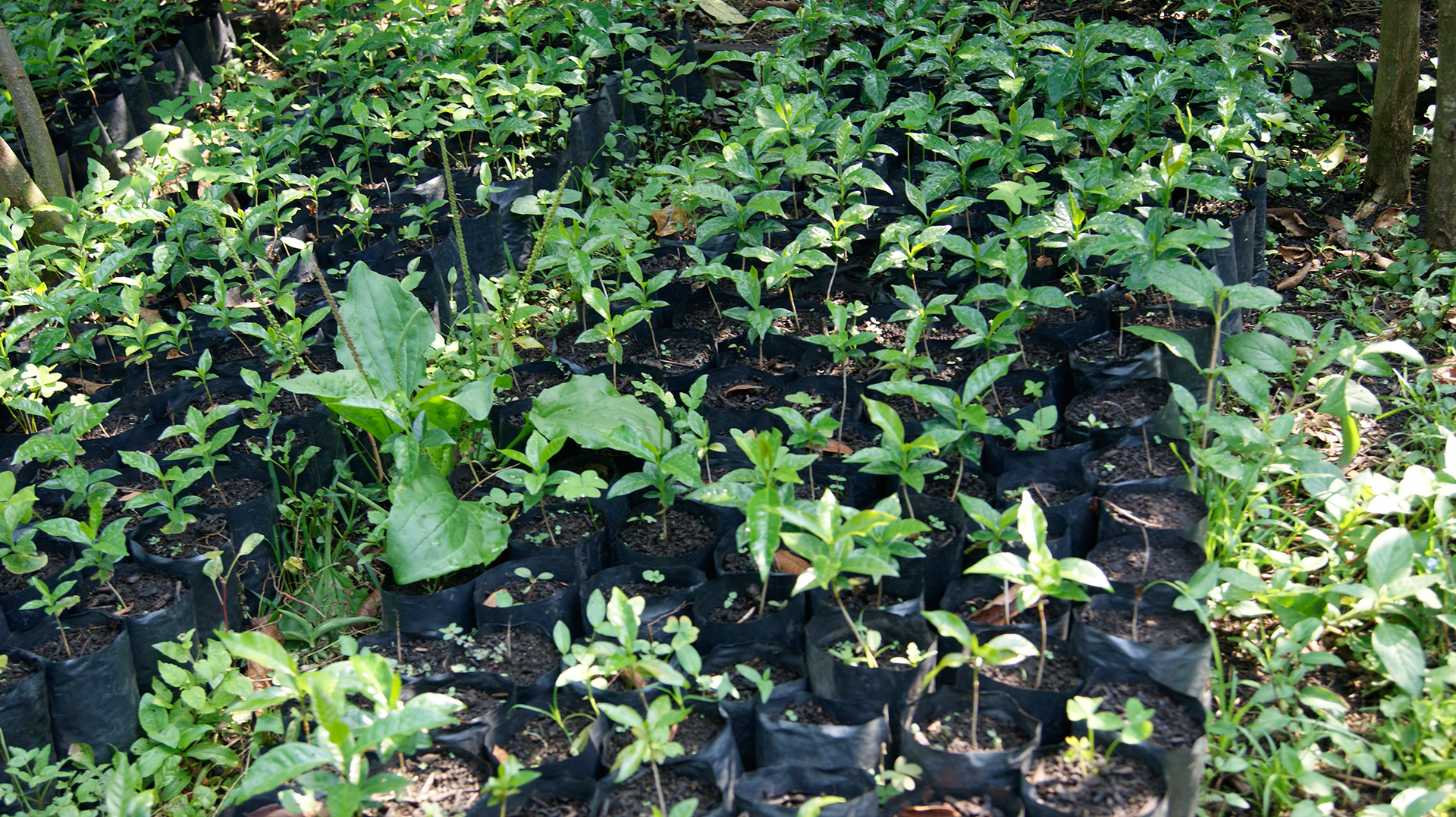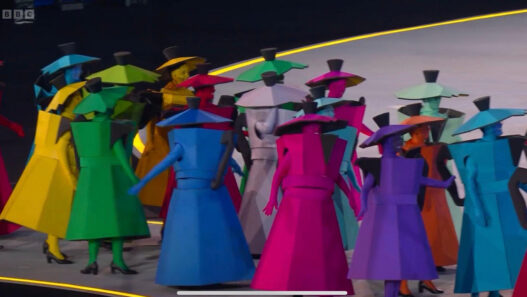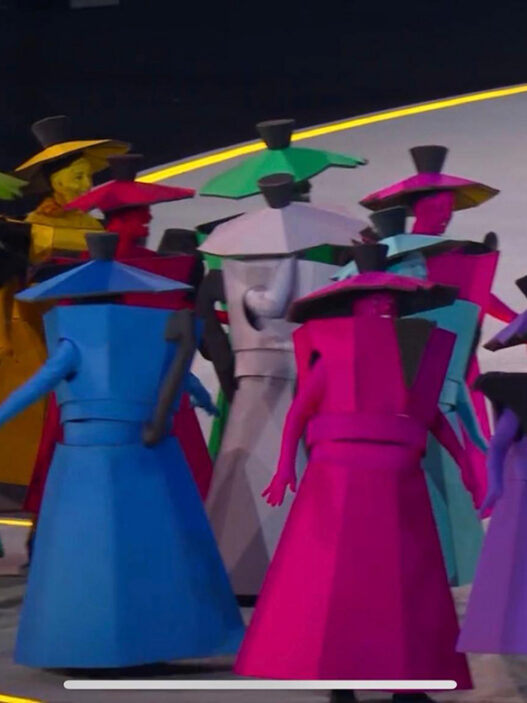
Climate change is one of the greatest threats to the future of coffee production. Even if farmers make it through the effects of COVID-19, the current price crisis on the commodities market, and the lingering effects of roya exasperated by monocropping, global warming will irreparably alter what lands are suitable for growing coffee. Despite the overwhelming evidence for climate change, a new report by Vice finds that Fedecafé—Colombia’s National Coffee Federation—denies the existence of climate change, alleging that their stance is more monetary than scientific.
Started in 1927, Fedecafé was created when Colombian coffee producers “joined together to create an organization that would represent them nationally and internationally,” to “work for their well-being and improve their quality of life,” per their website. Nearly a century later, all farmers in the world’s third largest coffee producing country are required to join Fedecafé and pay them six cents on the dollar of every pound the farmers export, per Vice.
In Colombia, climate change has created unpredictable weather patterns making coffee production a more onerous task. Climate volatility has “ ed to an unprecedented spike in heat waves and prolonged, devastating droughts”—which can lead to an increase in diseases—as well as “relentless rains… causing deadly mudslides and flooding,” per Vice. Without distinct dry and rainy seasons, coffee crops experience an “uneven maturation,” whereby perfectly ripe, red cherries will be growing just meters trees that haven’t yet begun to produce fruit, “[upturning] 100-year-old practices” farmers in Colombia have relied upon.
And changing temperatures are shifting where coffee can even be grown. By Fedecafé’s own count, Colombia lost 40,000 hectares of suitable coffeelands between the beginning of 2018 and the middle of 2019; the country has lost 20% of their total coffeelands since the ‘90s.
In their climate change denialism, Fedecafé has been “failing to adequately prepare” some the 500,000 Colombian farms it represents whose lands won’t be viable for coffee growing due to the effects of climate change—95% of those being less than five hectares total with an average of less than two hectares, Colombia director for the Rainforest Alliance Mauricio Galindo tells Vice. A sustainable long-term plan, according to Galindo, includes moving away from coffee monocropping and suggesting farmers plant more climate change-resistant crops, like bananas and avocados.
Fedecafé, whom Vice notes have expressed some climate change denialism sentiments going back at least to 2012, have explained away recent weather changes as “part of a ‘natural cycle,’” but some are suggesting their inaction isn’t based in scientific evidence. “It can’t undermine itself and be the ‘non-coffee coffee growers association’,” Galindo states. With commodity coffee prices buoying around $1 per pound and Colombian coffee producers paying effectively a 15% income tax to Fedecafé, farmers are struggling mightily to make ends meet. At the same time, Fedecafé’s general manager Roberto Vélez was revealed to be earning $350,000 a year (Colombia’s cost of living is roughly 60% below that of America’s).
“The state policies do not offer us subsidies or fair prices, even though we work so hard to produce a good product,” said one farmer in the region of Risaralda. “Instead of helping us, the state is squeezing us.”
The Vice report paints an unfavorable picture of Fedecafé, who are investing more in mitigating the damages of climate change—planting new, more climate-robust varieties for example—all while denying its existence and keeping the revenue within the coffees sphere, where the mandatory six cents on the dollar is in play. With significant external pressure from climate change, disease, and low prices (to say nothing of COVID-19’s current effect on the supply chain) and no real assistance from within or long-term strategy, Vice’s reporting paints a stark picture, in which the future of Colombian coffee farming is being held back by the very organization charged with representing it.
Zac Cadwalader is the managing editor at Sprudge Media Network and a staff writer based in Dallas. Read more Zac Cadwalader on Sprudge.
Top image originally appearing in The World AeroPress Championship Recipe—And A Very Special Interview on Sprudge






















